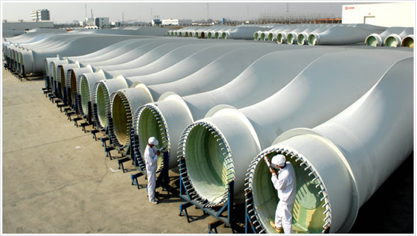If you might want or need something to happen very badly or urgently that was debatably in your power to influence or effect, the chief rational approach you might choose would be to attempt to understand what are the causal forces or conditions that lead that thing to happen. The alternatives are forms of magical thinking or prayer to assumed-to-be more powerful, perhaps supernatural, beings. As the domain of effective and timely action on climate is largely within the domain of human beings’ ability to choose and influence others’ choices and such action is considered by increasing numbers of people to be highly desirable, one would think that substantial groups of social scientists would be making their best efforts to figure out how to “make climate action happen”. Even if you were not an intense partisan of a particular outcome, as the scenario above suggests, if you were just a scientist or seeker of knowledge of some type, you would also want to understand motive forces, so as to predict future outcomes and make your scientific knowledge of some use to human beings. This is the study of dynamics, how things change over time.
Bank Whistleblowers United
Posts Related to BWU
Recommended Reading
Subscribe
Articles Written By
Categories
Archives
February 2026 M T W T F S S 1 2 3 4 5 6 7 8 9 10 11 12 13 14 15 16 17 18 19 20 21 22 23 24 25 26 27 28 Blogroll
- 3Spoken
- Angry Bear
- Bill Mitchell – billy blog
- Corrente
- Counterpunch: Tells the Facts, Names the Names
- Credit Writedowns
- Dollar Monopoly
- Econbrowser
- Economix
- Felix Salmon
- heteconomist.com
- interfluidity
- It's the People's Money
- Michael Hudson
- Mike Norman Economics
- Mish's Global Economic Trend Analysis
- MMT Bulgaria
- MMT In Canada
- Modern Money Mechanics
- Naked Capitalism
- Nouriel Roubini's Global EconoMonitor
- Paul Kedrosky's Infectious Greed
- Paul Krugman
- rete mmt
- The Big Picture
- The Center of the Universe
- The Future of Finance
- Un Cafelito a las Once
- Winterspeak
Resources
Useful Links
- Bureau of Economic Analysis
- Center on Budget and Policy Priorities
- Central Bank Research Hub, BIS
- Economic Indicators Calendar
- FedViews
- Financial Market Indices
- Fiscal Sustainability Teach-In
- FRASER
- How Economic Inequality Harms Societies
- International Post Keynesian Conference
- Izabella Kaminska @ FT Alphaville
- NBER Information on Recessions and Recoveries
- NBER: Economic Indicators and Releases
- Recovery.gov
- The Centre of Full Employment and Equity
- The Congressional Budget Office
- The Global Macro Edge
- USA Spending
-












